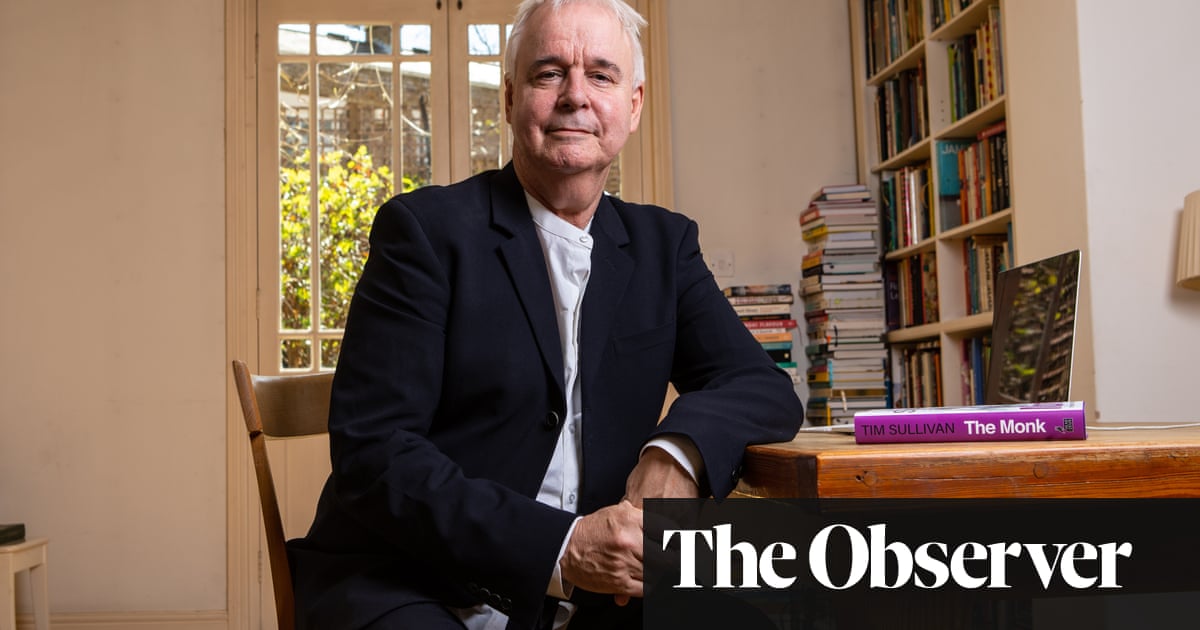
edding coordinator Nina Beer started 2020 with 63 weddings in her diary. Of those, she has been able to do just one. Most of her brides postponed to next year, but if they do not go ahead she faces a second year with no income. “I’m slowly having to come to the realisation that my business may not survive,” she says.
She is one of 400,000 workers in the UK’s wedding industry, which contributes £14.7bn to the economy and feeds into a plethora of sectors including retail, travel and tourism, and the creative industries. Suppliers earn most of their revenue during the wedding season between May and October, which sees them through the quiet colder months.
But that has not happened this year, so unlike other sectors such as hospitality which lost months of revenue during lockdown, wedding suppliers – most of whom are sole traders and small businesses – have lost an entire year’s earnings. With consumer confidence damaged by the latest government restrictions halving wedding guest attendance to 15 and the absence of a roadmap for providing Covid-secure weddings, the 2021 season is at risk as well.
“A lost year and another impacted year will be detrimental for most people, I’m not sure they’ll make it through,” says wedding planner Jessie Westwood. “We feel frustrated that we’ve been sidelined by the government. Other sectors have been given roadmaps and support packages, what about the money we bring in and those jobs? We don’t want handouts if we can work – we’re desperate to work.”
The need for a roadmap is especially acute given the long lead-time in planning a wedding, often 12-24 months ahead, she says. “The problem is weddings are not planned overnight – you don’t just open your doors like a pub or restaurant and get people in quickly, we’re planning a day that’s quite far away.” That uncertainty, she says, had created a definite shift in couples who had postponed for spring/summer 2021 now pushing back again to 2022.
“Their confidence in their day is gone,” says photographer Benjamin Wheeler, who has been living off his dwindling savings since March after the business he built for five years ground to a halt. His brides are postponing for the second time to 2022 or cancelling altogether. “If people don’t have the confidence to plan these life events, there will be no work in 2021.”
Sassi Holford, a bridal gown designer of 40 years, who has had hundreds of brides postpone, explained that dresses can take four to six months to make and cannot be ready at a few days’ notice. “These are emotional purchases, with some two years in the planning. Take confidence away and it takes us months to rebuild what’s been lost.”
The wedding industry is also unique in terms of the bond between the couple and their suppliers, says faux flower florist Adeela Fethi, making the last week particularly emotionally and mentally strenuous for all involved. “My heart breaks for them and theirs for us. You’re on this emotional journey with them – very few sectors can say that – and it’s hard putting on a brave face when you don’t know what’s going to happen.”
Photographer Bhavna Barratt has shot two weddings since March and now faces her spring bookings being moved again to 2022. For Indian weddings, traditionally large, lengthy and intricate, “we could have just about managed at 30, but 15 is a no-go for a lot of my couples,” she says. “If you haven’t made any money for two years, you’ve got to reconsider things. A lot of people have already closed their businesses and got jobs elsewhere like Tesco and Amazon. We have to sustain our families.”
Barratt says there is frustration in the sector because compliance with social distancing measures is high and businesses have invested a lot into making weddings Covid-secure. “We want to protect people,” she says. “Why can you go grouse shooting or to a funeral with 30 people, but not a wedding. Why aren’t we allowed that joy?”
Hair and makeup artist Kirsty McCall also had 90% of her weddings pushed back and does not know how to get through winter to next year’s fully booked diary. Her biggest fear is brides losing confidence altogether and asking for refunds. “Where am I going to get this money? I’ve had to use their deposits to pay my bills and feed my children through the summer,” she says. She is in serious discussions about selling her house “just so I can have a pot of money to give back to brides”.
There would be relief if the wedding industry was brought under “hospitality” in government guidance, says Fethi. “If venues and catering services were seen as part of the hospitality sector, that would open a channel for the rest of us. If people had the confidence to start booking those services, it would create a ripple effect throughout the whole industry.”
The sector has always been self-reliant and will boom again once restrictions are lifted, Westwood says. It just needs support to fulfil the fully booked diaries of 2021 and 2022. “The demand is there, but it’s hard to see how many of these businesses will make it through if we have no help. We just need a bridge to the other side.”












